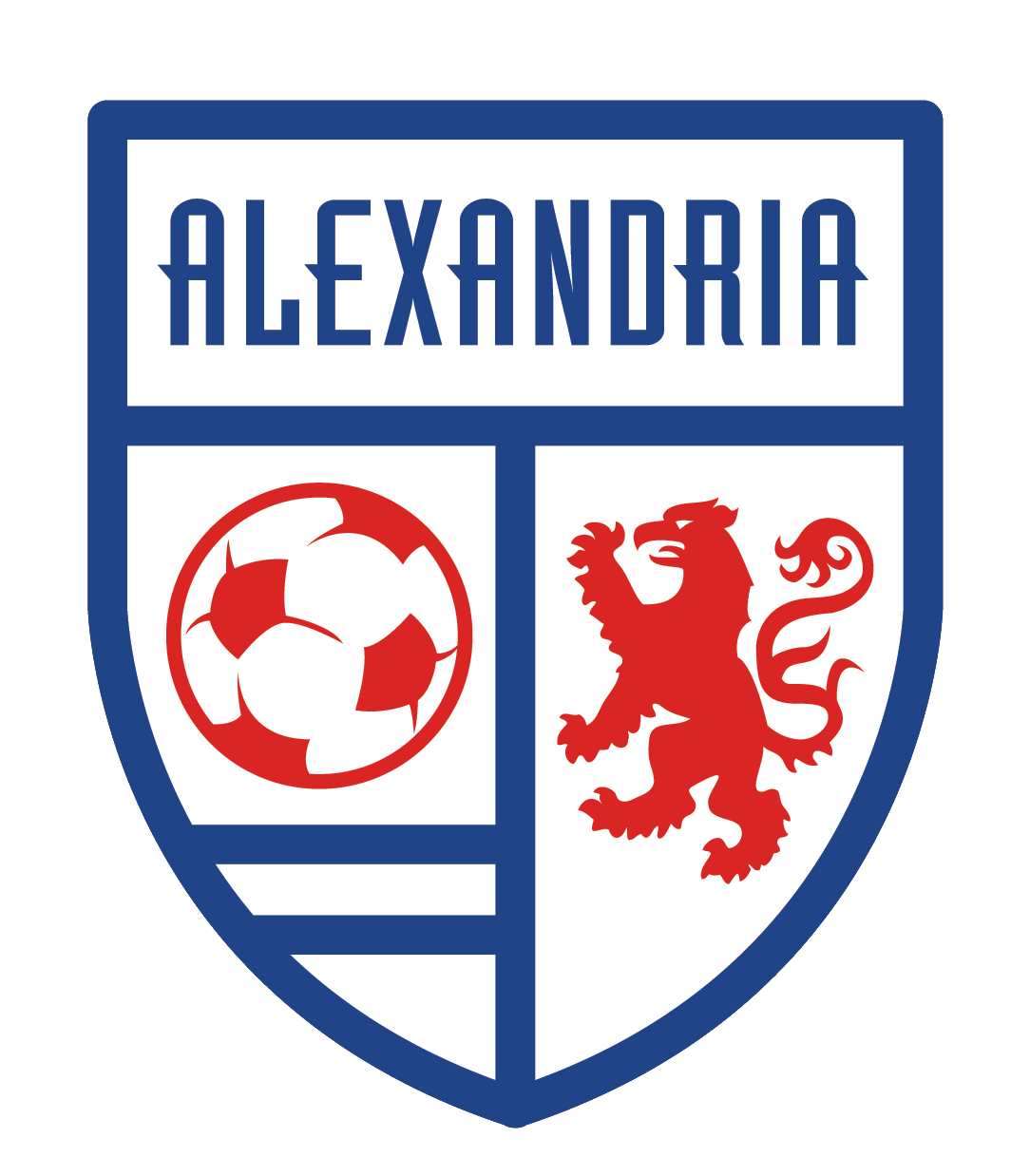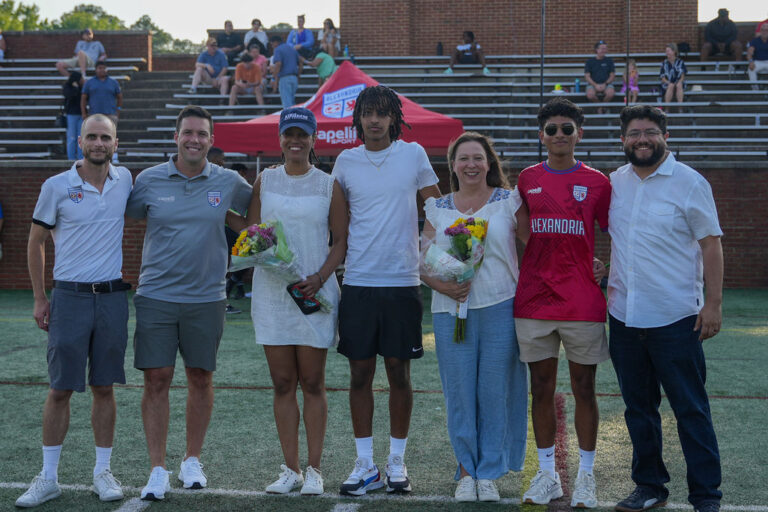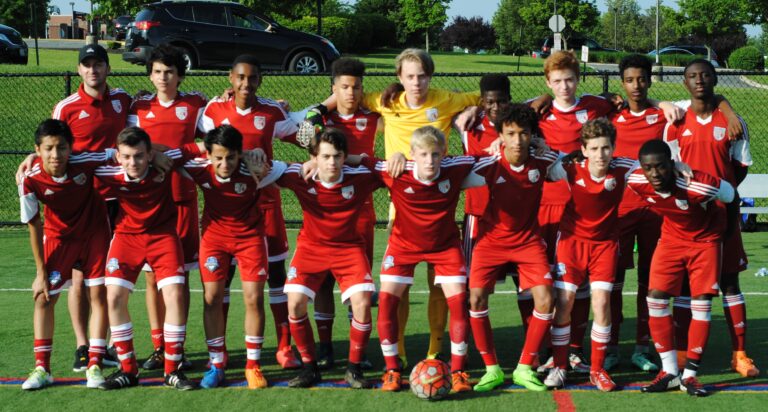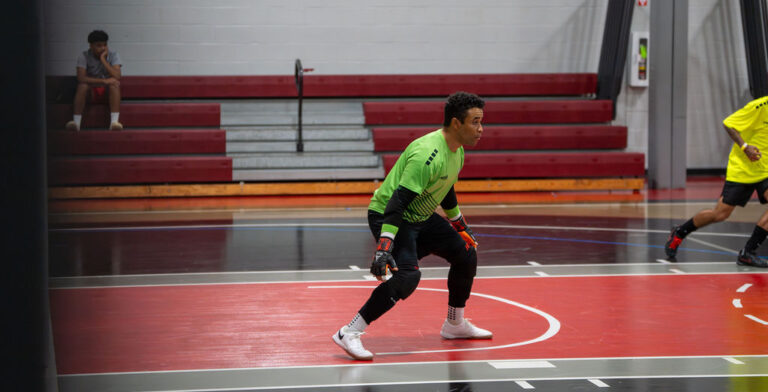Former Catholic University Women’s Soccer player Juliet Onufrak recently began coaching for several of our programs. We sat down with her to talk about her experience thus far and how her playing experience and soccer knowledge helped prepare her for her new role as a coach.
How did you get involved coaching with ASA and what programs do you work with?
After finishing my last soccer season at Catholic I started interning full time in DC with a non profit called Little Friends For Peace. The staff at LFFP noticed how much I missed playing soccer and is very familiar with ASA’s organization — they encouraged me to reach out to ASA to inquire about coaching. I currently work with the Tots program, the Ball Mastery Program and the Junior Academy. These programs are for the younger age groups and are focused on instilling good foundational soccer skills and basic tactical understanding.
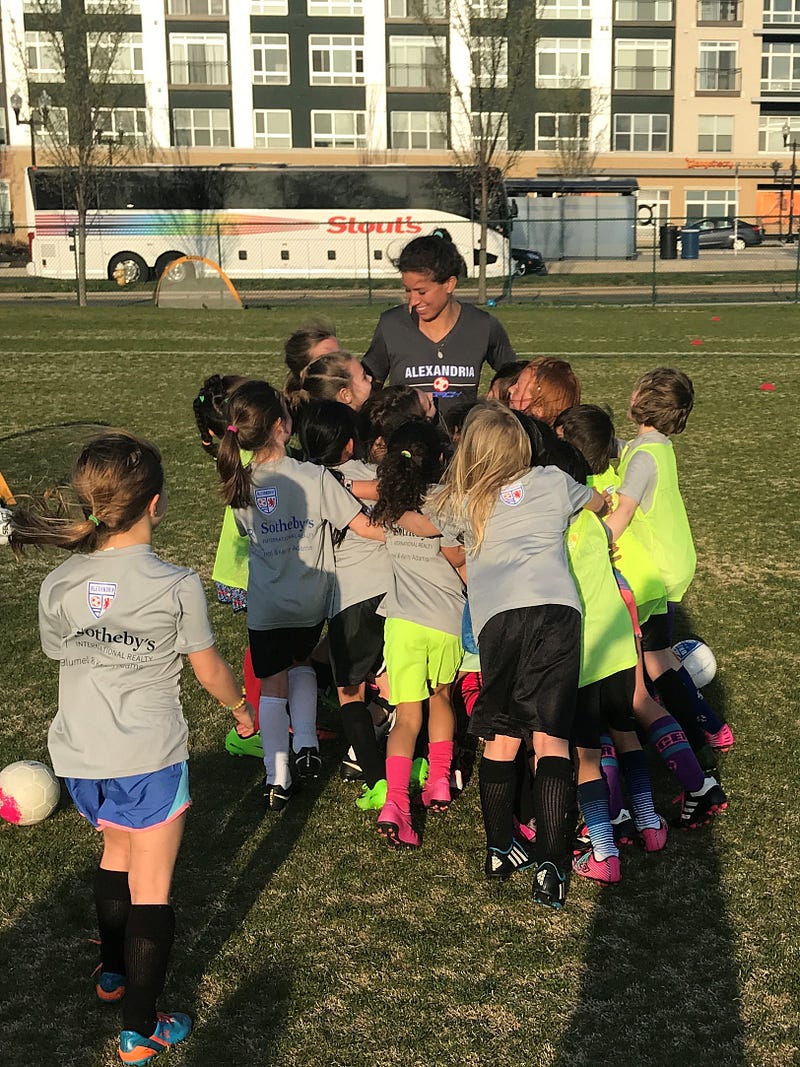
Does your playing experience give you confidence as a coach? Does it make you rethink or better understand coaches you experienced growing up?
Having playing experience definitely helps me be a good coach. I am aware of the types of psychological barriers that players face, giving me a better understanding of their behavior. Although I spent my life playing soccer, I only had one coach who I feel helped me grow as a player and find my confidence on the field. When I am coaching my players I use the same means that he did to help foster the growth of each player both psychologically and physically.
When I leave the field after coaching each day, I feel incredibly fulfilled. ASA has a soccer curriculum that begins instilling the basics of a style of play in players as young as age two. The coaches I had when I was younger communicated by screaming at me, and taught me that good soccer players kick the ball as hard as they can up the field in order to create a scoring opportunity (I grew up in the “kick and run era,” a style of play still favored by many coaches). My confidence as a player suffered at a young age as a result of careless coaches.
I’ve found that coaches in the Junior Academy program at ASA are very different from what I experienced growing up because they coach from a positive position and use the same curriculum to give kids a cohesive track of growth. The curriculum at ASA is structured so that sessions throughout the season build off of each other and ultimately prepare players for their next year of soccer. The Junior Academy (U7 and U8) and Academy program (U9+) seamlessly flow together in terms of tactical concepts so that kids develop both skills and an understanding of positional possession style of play over the years. This is a great experience as a new coach because the staff is working together towards the same goals and able to support one another. This is extremely inspiring for me because I have first hand experience of the effects that negative coaching can have on ones love of the game. ASA’s mission and coaching structure motivates me to coach as much as I can and to the best of my ability.
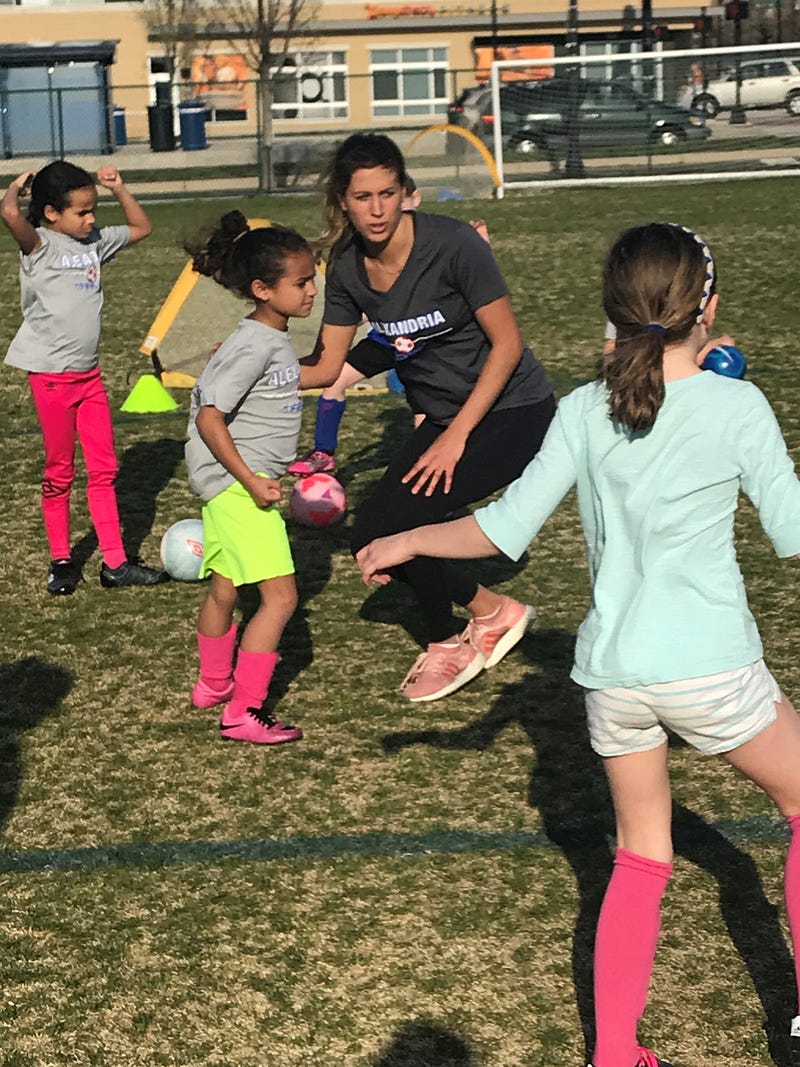
What have you found is your favorite thing about coaching kids so far?
I very firmly believe that any kid can play high level, competitive soccer with the proper training and guidance. ASA also believes that every kid can reach their highest level (whether that may be recreational, high school, pro, etc) and I love being in an environment of coaches who are passionate about the game and dedicated to helping kids realize their own potential by teaching the importance of work ethic, focus and a growth mindset.
What advice would you give to a college aged player that’s on the fence about coaching?
Start coaching as quickly as possible. After playing your entire life you learn a lot about the game and it feels extremely rewarding to give your knowledge to kids who are eager to learn and improve as players. I think a lot of people assume that working with kids is difficult but in my experience the kids are actually eager for someone to guide and help them. This gives young players who are fresh from college (me!) a perfect opportunity to get back on the field and share their love of the game. It’s also a great way to learn about the different types of roles that exist within the structure of an athletic organization and gain some experience contributing to the organization’s goals.
Thanks Juliet! If you’re interested in coaching at ASA please send an email to [email protected] for more information.
